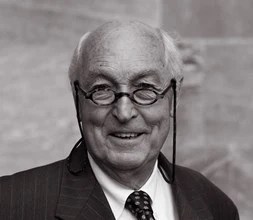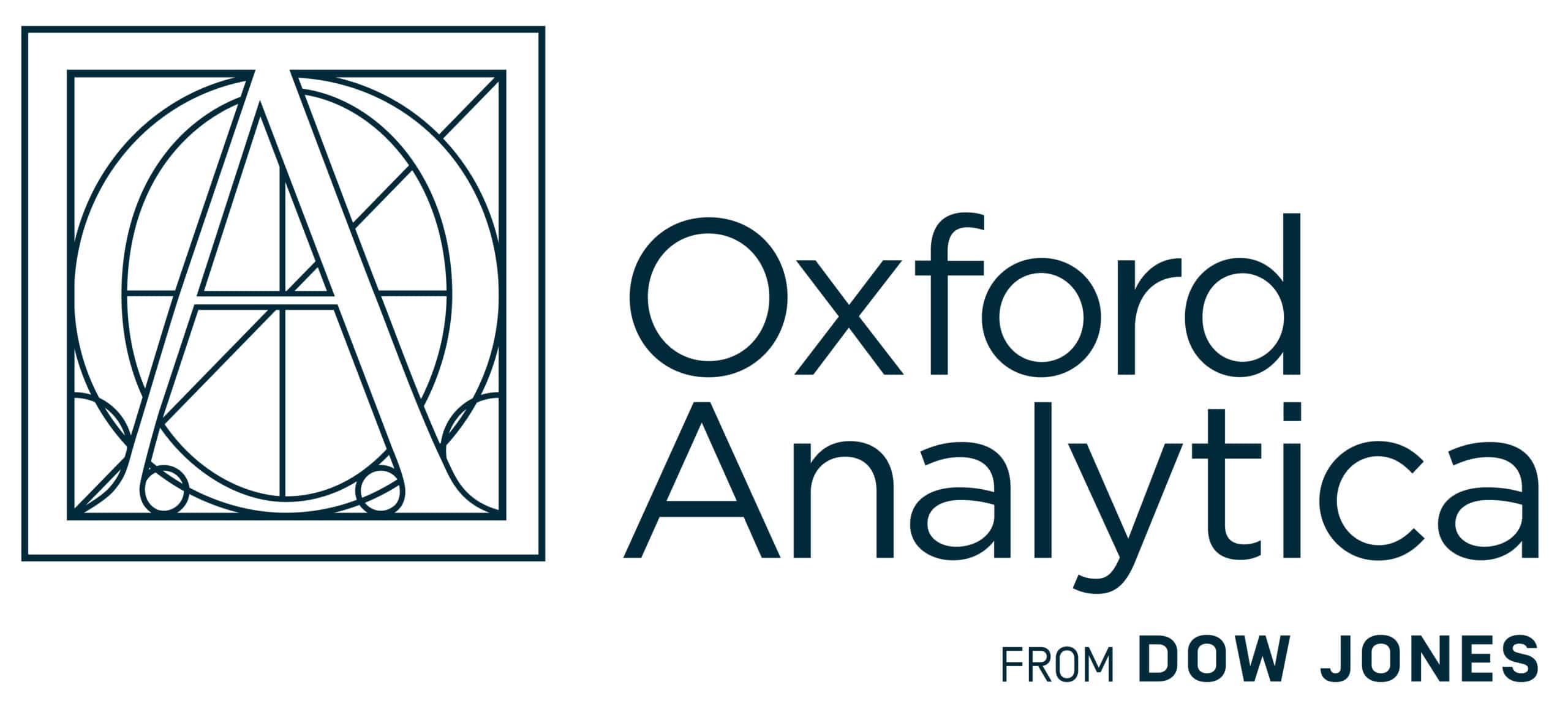Dr David R. Young, Founder & President of Oxford Analytica, explains what’s in the name, our Founding Principles, and why they have never been more relevant.
It was one level of offence for Cambridge Analytica to misuse our name – Oxford Analytica – and tarnish a reputation that has been built up over five decades. And it was another level to misuse the personal details from Facebook of 80 million people – especially when such offences misuse the “truth”.
“What’s in a Name?’ asked Shakespeare, and at Oxford Analytica we would answer “truth and trust”!
As we have seen first hand, the very idea of “truth” is “in play” today on a global scale. This is worrying enough, but if ‘truth’ becomes merely a label slapped on an assertion, appropriated by one side to denigrate the other, then we are in trouble. As the late New York Senator and Harvard professor Pat Moynihan put it, everyone is entitled to their own opinion, but not to their own facts. Once those with the loudest, or most effective, voices are allowed to define objective truth, our basis for making decisions is fatally compromised.
But an even greater worry is that when truth becomes a casualty, trust will be next.
A powerful explanation for the significance of truth comes from the English writer John Locke, who died in 1704. On his memorial in the Cathedral in Oxford the following is cut in stone:

David R. Young is Founder and President of Oxford Analytica. David began his career with the New York law firm of Milbank, Tweed, Hadley & McCloy in 1965. From 1969-1971 he was Administrative Assistant and then from 1971-1973, Special Assistant to Dr. Henry Kissinger in the White House and a member of the National Security Council Staff.
He has been a Lecturer in Politics at The Queens College, University of Oxford, since 1974 and in 1981 he completed a Doctor of Philosophy degree in International Relations. He is a Senior Associate Member of St. Antony’s College, a Dominus Fellow of St. Catherine’s College and Senior Common Room Member of University College (all University of Oxford). Since 1980 he has been an Associate Member of the Royal Institute of International Affairs and the International Institute of Strategic Studies. He is qualified at the New York Bar and as a Barrister at the English Bar. He founded Oxford Analytica in 1975.
David R. Young founded Oxford Analytica in 1975 and sits on the Board. Previously, he was a lawyer in New York at Milbank, Tweed, Hadley & McCloy and then Special Assistant to Dr Henry Kissinger during the Nixon presidency.
”I know there is truth opposite to falsehood that it may be found if people will and is worth the seeking
300 years later, on a rainy day in 2004, I was walking through the Cathedral and stopped to read it. It seemed it was written just for me as it reminded me of when I was working on the Founding Principles of Oxford Analytica in 1974:
- “Scholarship is the relentless search for truth and begins with an accurate assessment of human nature.”
- “Necessary understanding comes from rigorous examination with no cause to promote other than the truth”
Since then “truth” has been central to the vision of Oxford Analytica and we have worked hard to provide the best unbiased and objective analysis on world events available anywhere.
Ten years later, in 1984, the Oxford Analytica Daily Brief was launched and patterned on the President’s Daily Brief – which I had worked on as Henry Kissinger’s assistant in the White House in the early 1970’s. The idea was to harness the intellectual capital of the world’s great universities, to produce the highest quality of objective analysis to help business and government leaders make better decisions and navigate the risks in the global marketplace. And this is what Oxford Analytica has striven to do every weekday for the past 33 years.
It is a simple fact that good decisions depend on how good the analysis is between the event and the decision. And, good analysis leads to trusted analysis – based on truth and produced by individuals who seek it.
The rarest virtue in any power center is trust and it is fundamental that the foundation for trust is truth. Leaders need people and relationships they can trust – and the level of trust reflects the level of truth. But in a society which is slowly losing confidence in everyday truth – trust is also becoming an everyday casualty. If Francis Fukuyama is correct – that “trust” is what has underpinned Western Civilization and made it distinct in the sweep of history – we must ask ourselves: are we losing what made Western Civilization – Western Civilization?
Finally, the name “Analytica” – actually comes from the title of the Chapter on Logic in Aristotle’s Treatises, written in the second century B.C.
And, logic is the way in which information and analysis is used to find truth you can trust – trust that is founded on character that knows that truth “is worth the seeking .” (to quote John Locke again).


